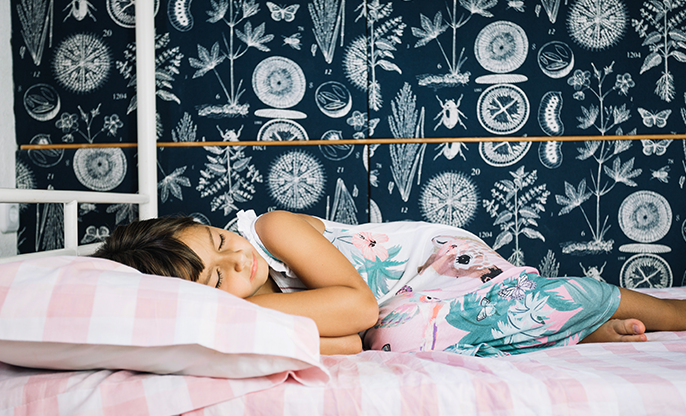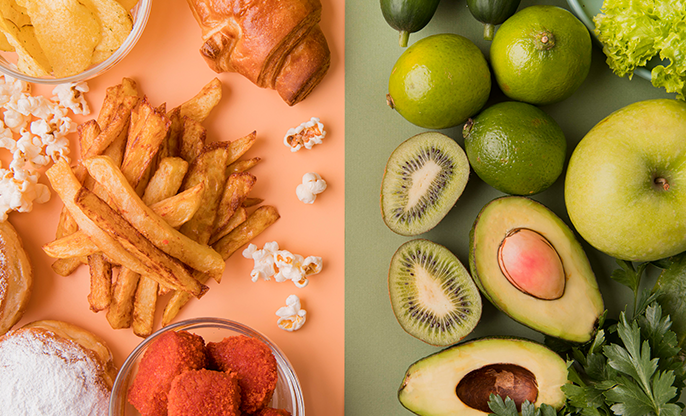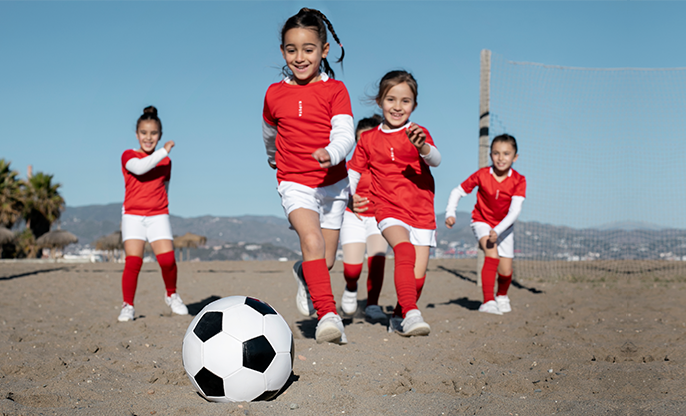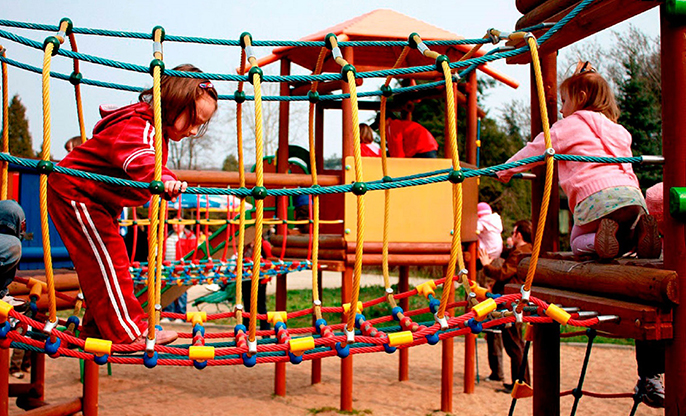
10 Ways to Help Kids & Teens Sleep Better
Sleep is vital for kids and teens. Their body and brain can't function properly without enough sleep, making it impossible to focus in school or do well in a sport. Too little sleep can also lead to mood swings and make everyday tasks seem too much for the body to take on.
So, what's a parent to do when their child is having trouble sleeping? Don't worry - you can take steps that don't involve medication. Here are 10 simple tips and tricks to help you and your kid or teen get better sleep quickly!
Establishing a Regular Bedtime Routine
Creating a regular bedtime routine is one of the most important steps to encourage your kids and teens to get better sleep.
Establishing a consistent schedule will help them get into a relaxing rhythm and lead to better sleep. Stick to a consistent bedtime as best as possible on weekends and holidays.
Setting up a pre-bedtime routine can help children and teens with this transition. For example, you can have them take a warm shower or bath before bed, listen to calming music, or read for 15-20 minutes before bed.
Creating a Calming Environment
Here are some ways you can create a safe sleep space:
Dim lighting: turn lights off or lower the brightness to create an atmosphere that calms the brain and encourages sleep.
Temperature control: keep your child's bedroom at a temperature between 68°F - 72°F (20°C - 22°C) so that their body will have an easier time cooling down
White noise: use natural or "brown noise" like a fan or natural sounds to help reduce distracting sounds around them and help them stay in a deep sleep.
Essential oils: help promote relaxation. You can do this by diffusing soothing scents like lavender around your room for better sleep.
Avoiding Devices Before Bed
Most of us use our phones and other digital devices for entertainment and stimulation. These devices keep us up longer with their bright screens, notifications, and endless content. To help your child or teen sleep better, avoiding screens before bedtime is a good idea.
You can also try setting up a specific device time. That way, they can set aside their phone or laptop an hour or two before they go to sleep so that their mind isn't stimulated until bedtime. Additionally, keeping devices out of the bedroom will make it easier for your child or teen to relax and drift off into dreamland more quickly at night.
Reducing Stress and Anxiety Before Bed
Another key to getting better sleep is to reduce stress and anxiety before bed. It is hard to turn off our brains when we're thinking about something that's worrying us, and that's even truer for kids and teens.
So how do you help them relax? Here are a few tried-and-true methods:
Encourage your kids & teens to practice deep breathing exercises, which help the body relax.
Talk with them about their worries or concerns, & help them devise strategies to cope with stressful situations they're dealing with in their lives.
A massage by a parent or sibling can help them feel safe and relaxed!
Eating Healthy Sleep-Friendly Foods
Getting enough rest also requires ensuring your body is getting the nutrients it needs, so make sure to feed your kids and teens healthy, sleep-friendly foods. Some of the best foods to eat for a better night of sleep include:
Fruits, especially bananas, contain magnesium and potassium, vital for healthy snoozes.
Whole grains: like oats, quinoa, or whole-grain pieces of bread, which provide complex carbs to give your kids energy throughout the day without causing an energy crash or stimulating an appetite later at night.
Nuts and seeds taken in moderation can be a great source of zinc, magnesium, and omega-3 fatty acids (all promoting more restful sleep).
Lean proteins: These proteins provide essential amino acids that help regulate moods and hormones that influence sleep. E.g., poultry, fish, eggs, or beans.
Increasing Physical Activity during the Day
Physical activity is essential for a good night's sleep, so make sure your kid is getting enough exercise during the day. The more active your child is during the day, the easier it will be for them to settle down and relax at night.
Structure their day
A regular daily routine helps kids and teens stay organized, which in turn helps them sleep better. Structuring their day includes setting consistent times for physical activities, like sports practice or a bike ride. This can help your child have more energy during the day and feel more ready to sleep at night.
Creative outlets
Art activities, such as drawing, painting, or coloring, can help children relax and prepare to wind down before sleeping. Creative activities will also help to keep their minds engaged and give them an enjoyable way of expressing themselves.
Reducing Stimulants Afternoon & Evening
The time leading up to bedtime is important for kids and teens alike. Stimulants should be reduced in the afternoon and evening to encourage better sleep. Caffeine, nicotine, and sugary drinks like soda are all stimulants that can cause energy levels to spike right before bed. It's recommended that these foods and drinks are avoided a few hours before bedtime as they can disrupt sleep later in the night.
Be a Role Model
Children adopt their habits from their parents and family. If you want to teach good sleeping habits to children, then you need to model it for them. Try following a healthy and good routine yourself.
You may not have the same routine as your kids but try to avoid deviations around them. For example, using mobile phones in bed with them while trying to get them to sleep can confuse them. While with teenagers, having a conversation regarding differences in priorities and routine between you and them can be helpful.





